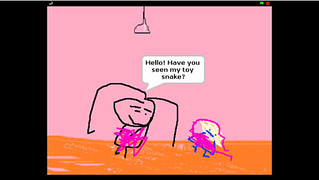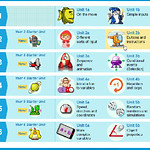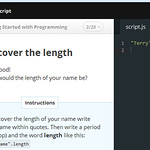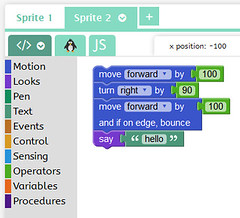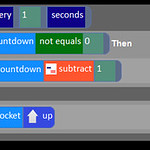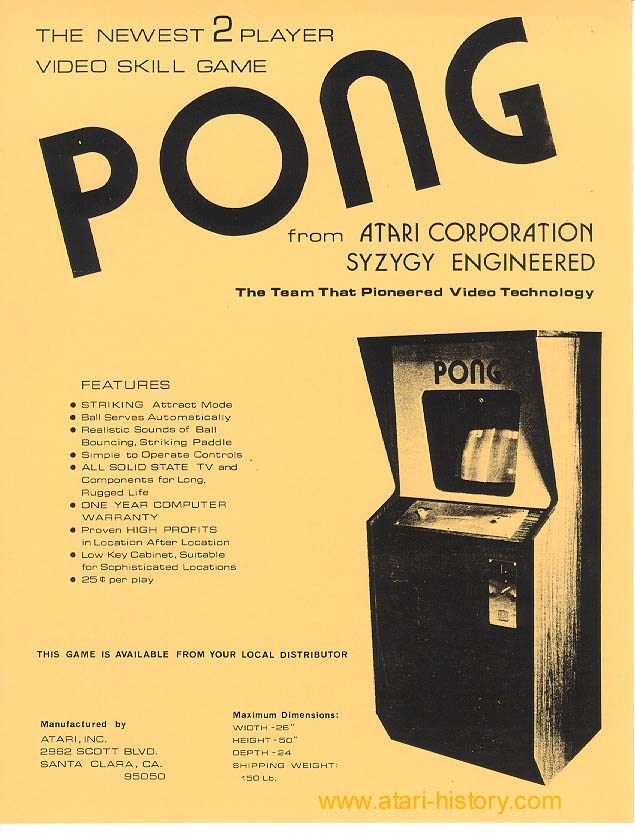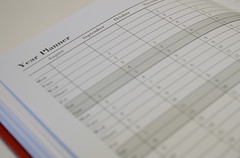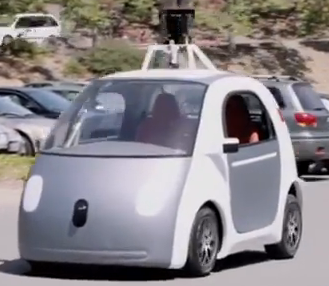For the final edition of this free newsletter, we have a great line-up of experts and articles:
Read MoreIt’s all very well coming up with weird and wonderful ways of acknowledging students’ achievement, but at some point somebody, unfortunately, is going to ask you for a number. The number is important to them because they can enter it into spreadsheet and show, hopefully, that the numbers go up over time.
Read MoreA student writes a program. What are you going to assess it on? There are at least 16 criteria you could take into account. Not all of these will be apposite – it depends on what you’re teaching and who you’re teaching. Also, I’ve framed the list below in teacher language; it’s up to you to adapt it into language that is more appropriate for your students.
Read MoreWhether you decide to create your own assessment scheme from a blank sheet of paper, so to speak, use a ready-made scheme created by someone else, or do a bit of both, there are 6 questions you need to ask:
Read MoreHere’s an update about this. I’ve had enough responses to be able to write up some interesting interview-type posts (where I have permission to do so), but not really to compile them into a viable ebook. So I have decided to do what any rational person would do in this situation: resort to bribery! Read on to find out more….
Read More In this series I’m going to be making some suggestions, putting out some ideas. These are based on presentations I’ve given. I can think of how these ideas, or their implications, might be applied in the classroom. However, I think it better if I stand back and let you do that part of the work!
In this series I’m going to be making some suggestions, putting out some ideas. These are based on presentations I’ve given. I can think of how these ideas, or their implications, might be applied in the classroom. However, I think it better if I stand back and let you do that part of the work!

